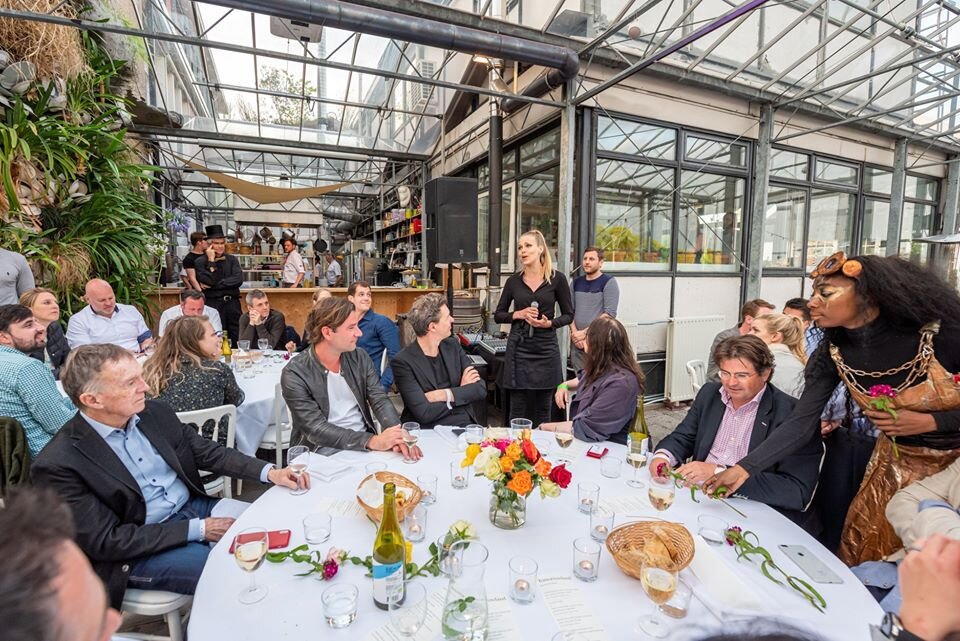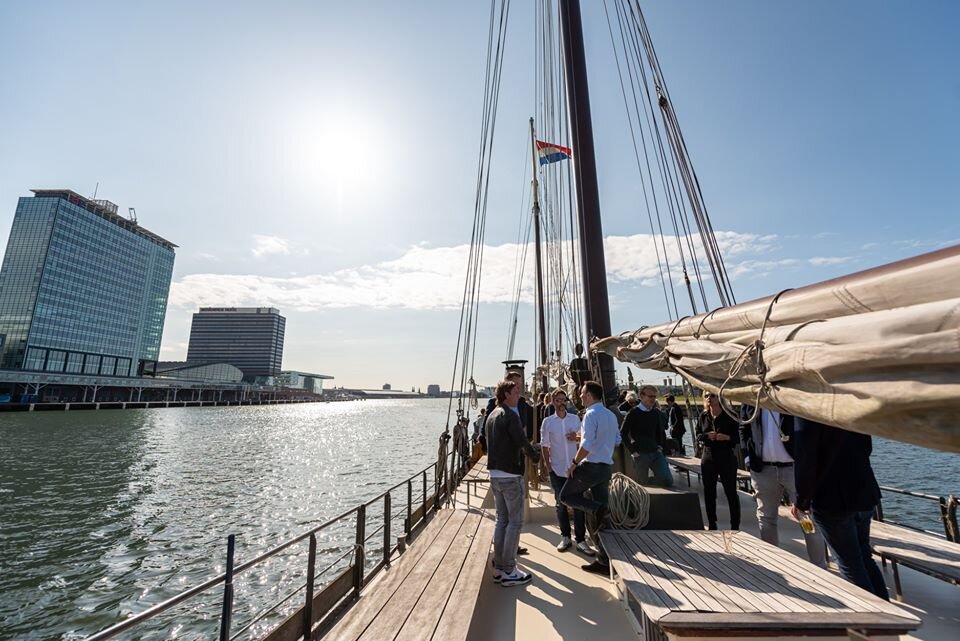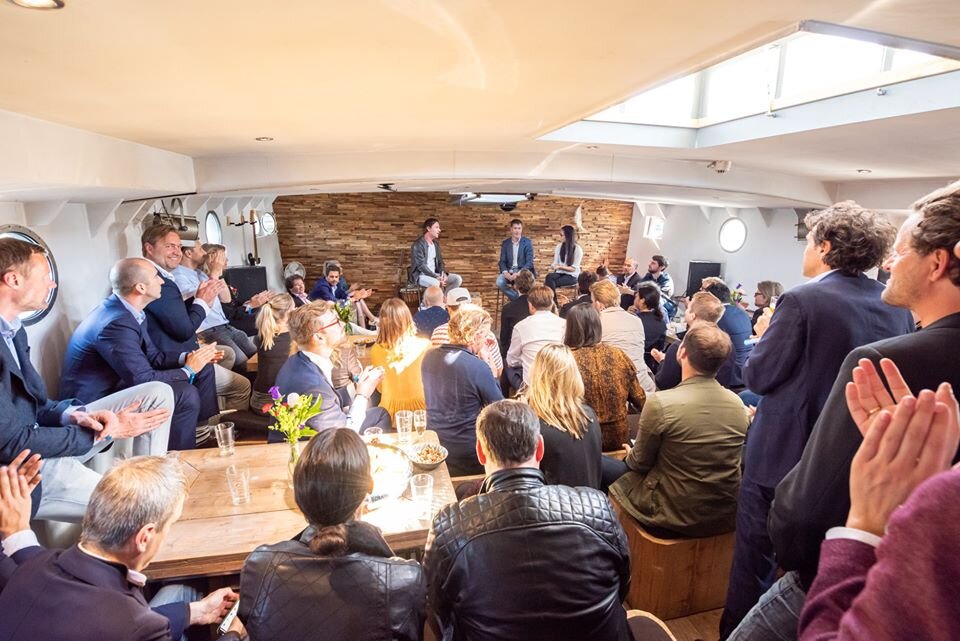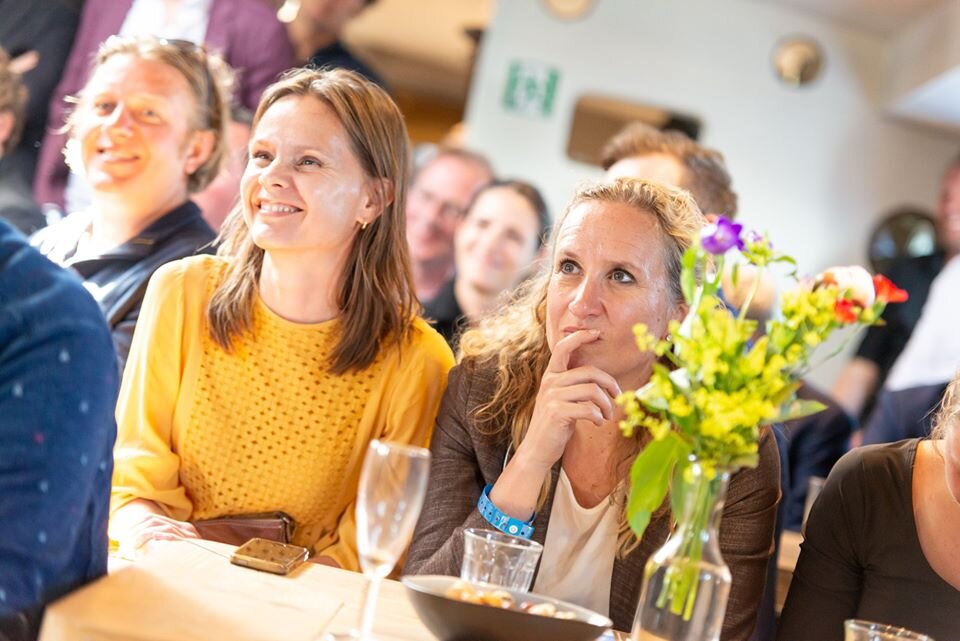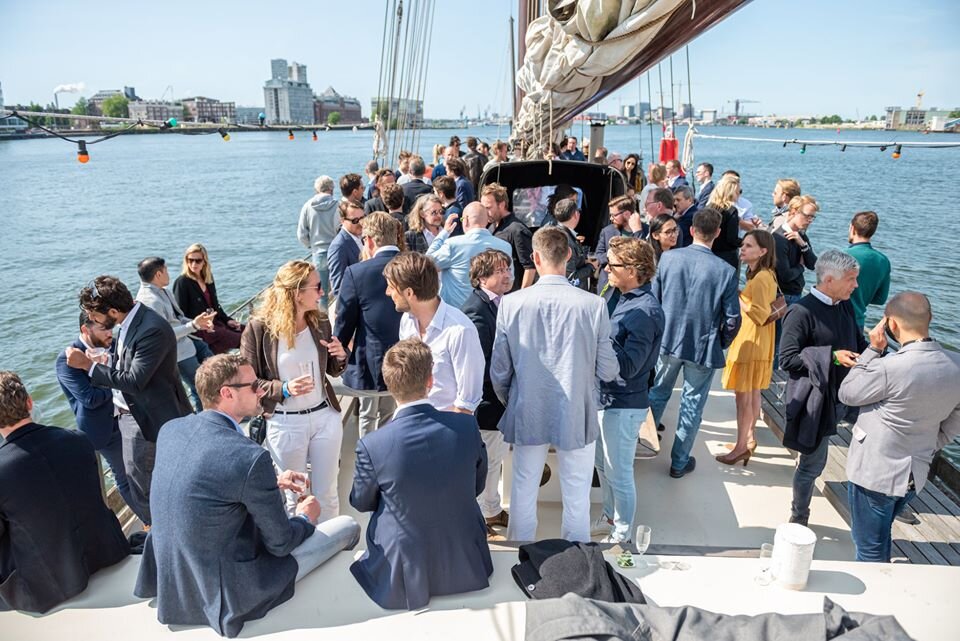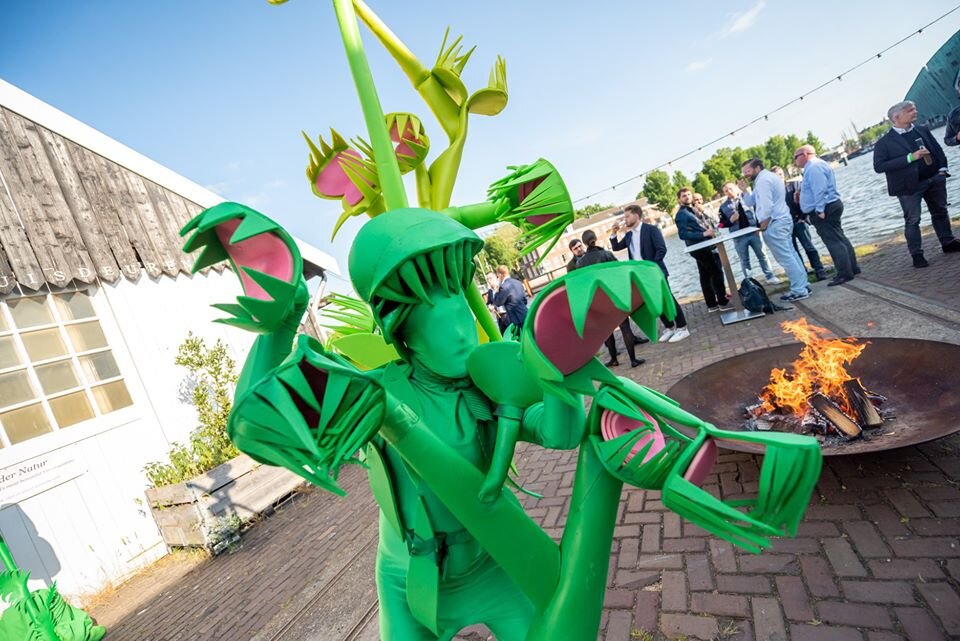Today’s advancements in technology call for accelerated learning and a more interlinked global community.
That’s why we were very pleased to be joined by two people who are working on expanding the boundaries of modern world technologies, to shed light on where we stand and what to expect:
Angela Kou, an experimental quantum physicist at Microsoft Quantum Lab (QuTech)
Prof. Lieven Vandersypen of Applied Physics at Delft University of Technology, roadmap leader at QuTech and part-time research scientist at Intel
Followed by dinner and an intimate fireside set around the current state of quantum mechanics and the potential of quantum computing.
We’ve come a long way since Alan Turing devised a mechanical computer which effectively helped stop the second world war. Then came electrical computers with electrical signals and codes for our bits - zeros and ones. Factually speaking, there’s no difference between the Turing machine and modern-day computing. Then came a change of perspective, based on the idea that nature also calculates. And it does that exponentially faster than any supercomputer on this planet. Nature computes using quantum mechanics.
As quantum mechanics is still in its infancy and there are four working theories being researched in parallel, one thing is for certain: change is inevitable.
The implications of a working quantum computer are yet to be discovered, but on our tallship, we theorized on the commercial utility and application of this groundbreaking technology. It holds the key to unlock the potential of personalized medicine and enable an energy-efficient world, and this is just the start.

